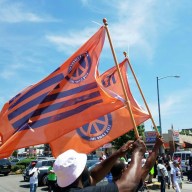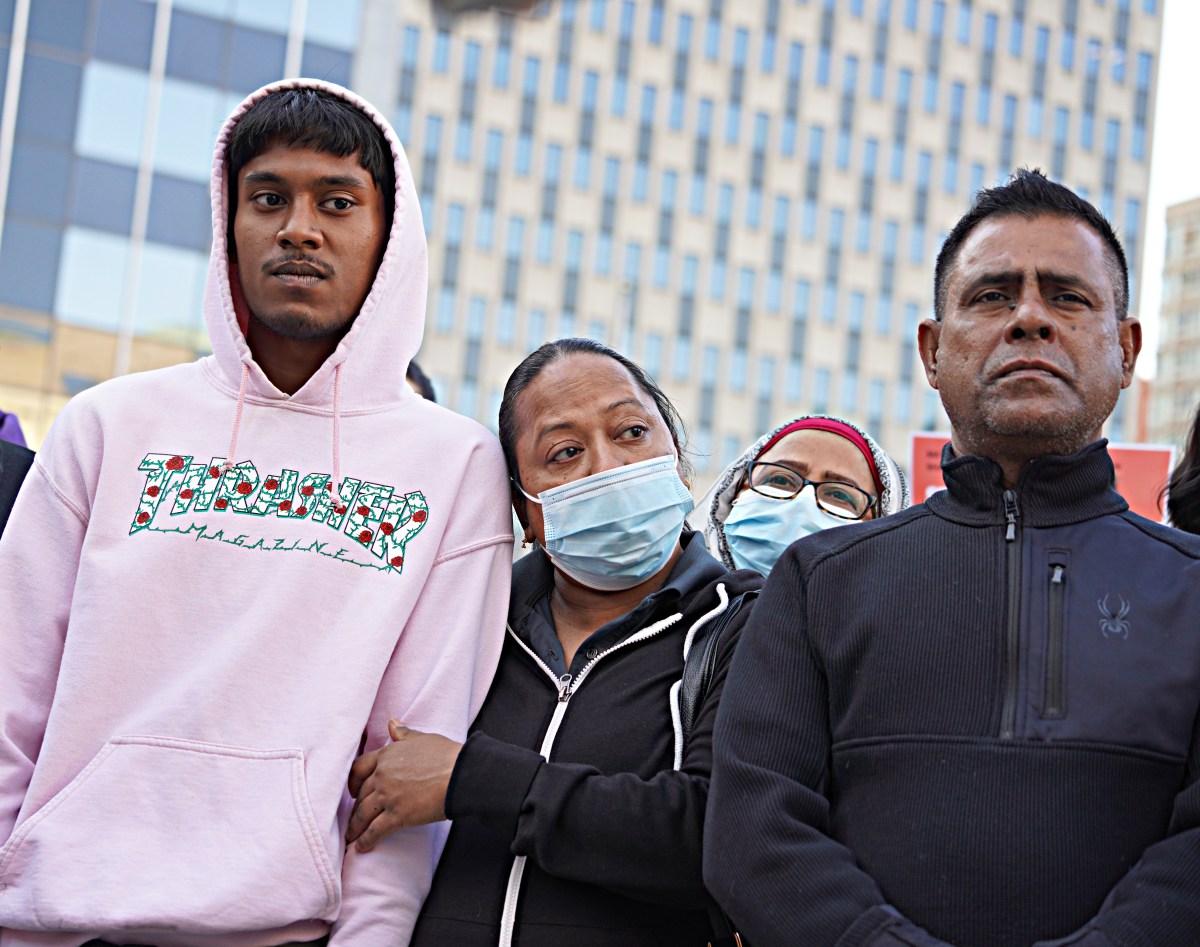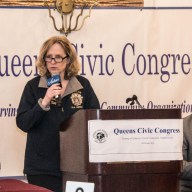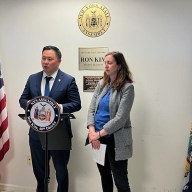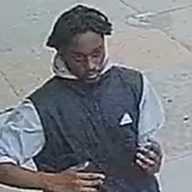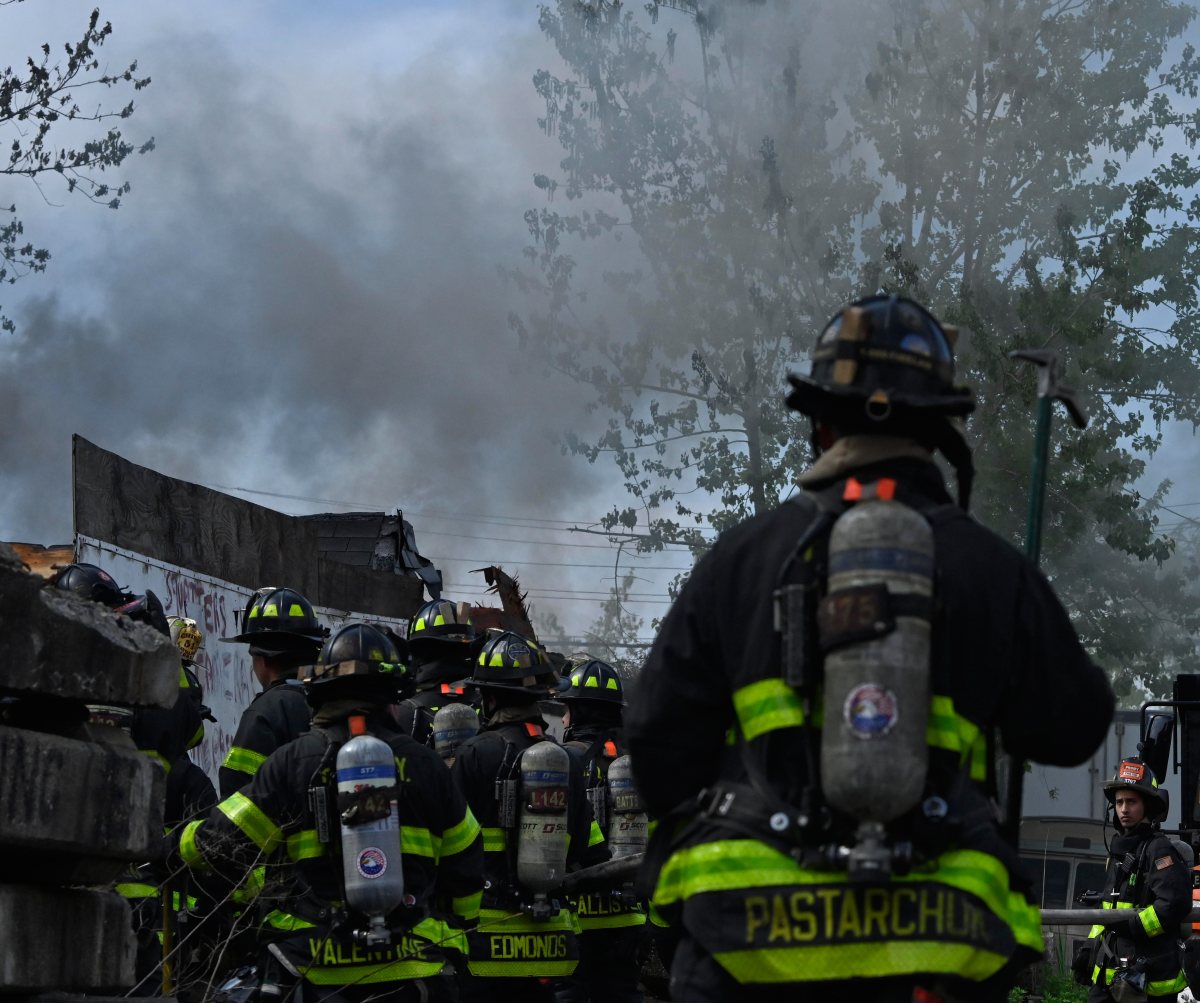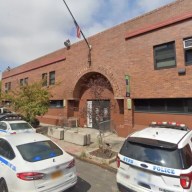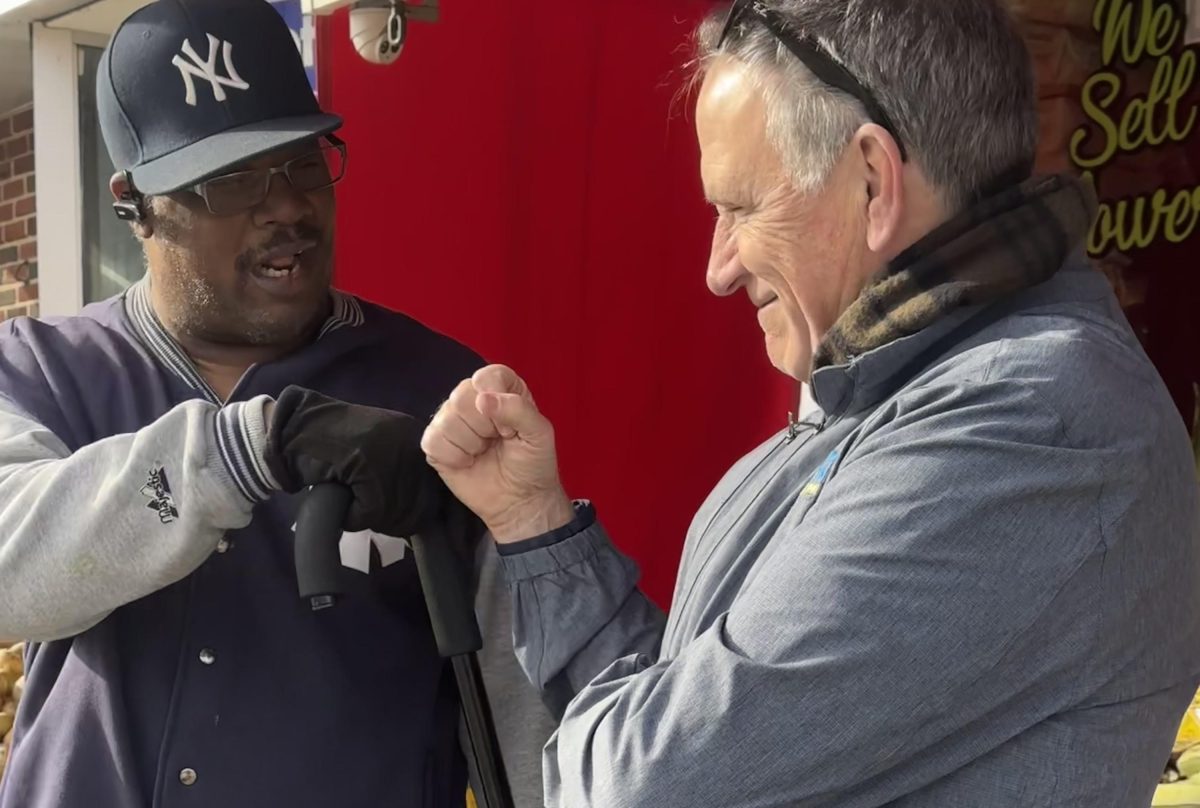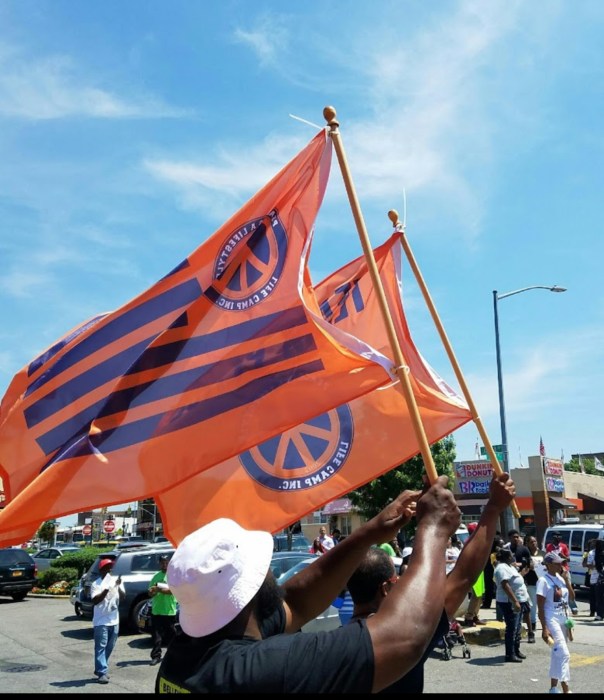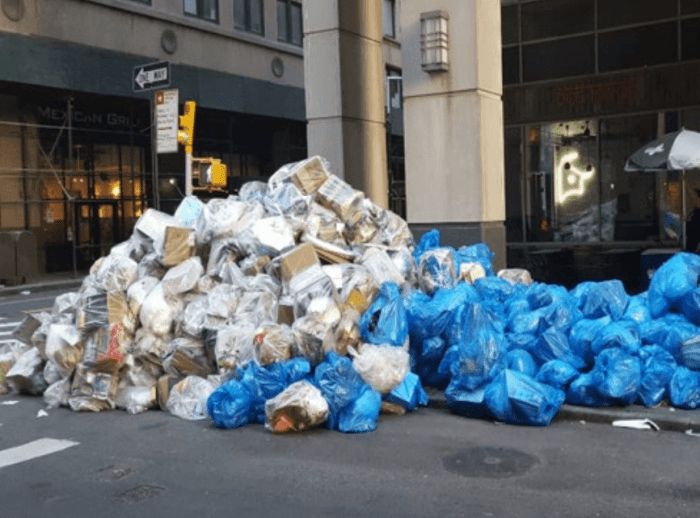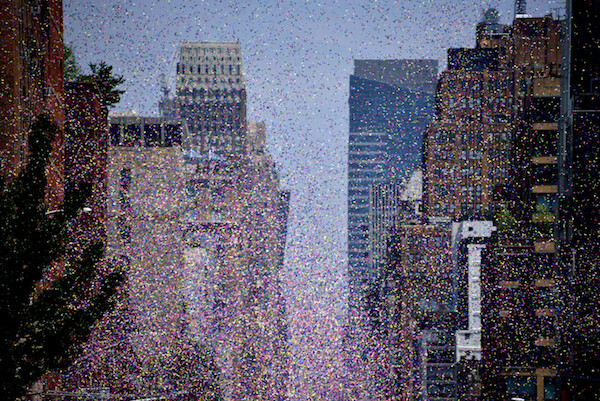Read Related Article #1: U.S. was a mecca
Read Related Article #2: Culture
Read Related Article #3: Survivor Profile: Inge Auerbacher
Read Related Article #4: 60 years later
Read Related Article #5: Survivor Profile: Hannah Deutch
Read Related Article #6: Second generation survivors react
Read Related Article #7: Survivor Profile: Jane Keibel
Read Related Article #9: Survivor Profile: Lena Goren
“It was paradise,” said Ann Bandler Klamka, smiling as if the mere memory had transported her mind and soul to the Italian island where she grew up, leaving her body behind in her Flushing apartment.
“I can’t imagine that they ever wanted to leave,” Klamka said of her parents who had left their native Hungary to manage a hotel off Italy’s eastern coast.
But in 1938, when Klamka was just four-years-old, Mussolini started to enact anti-Jewish laws and that was all the encouragement Klamka’s father needed to pack up and leave “paradise.”
He had a premonition that something bad was going to happen to the Jews of Europe.
“So we went back to Hungary and, of course, nobody wanted to leave. Nobody believed anything was going to happen. In Hungary people were so assimilated they said, ‘No, we’re Hungarian,’” Klamka explained.
Everyone in Klamka’s extended family believed the Hungarians would not let anyone hurt the Jews.
“Well, the Hungarians were the first ones to turn them over to the Nazis and to ship them off to Auschwitz … My whole family died in Auschwitz,” she said.
Klamka, her mother Margaret, father Alexander and younger sister Barbara moved to Nice, France where Klamka first learned about anti-Semitism at the hands of her young classmates.
“I came home from school crying everyday and asked my parents, ‘Why are they calling me a dirty Jew? I’m not dirty, I got washed this morning,’” Klamka recalled.
When, in 1941, all foreign Jews in France were required by law to register with the police, “that lit a candle in my father’s brain,” Klamka said, explaining that her family crossed the border into Spain for a short while before arriving in Lisbon, Portugal, which, at the time, was flooded with refugees.
Before long, Klamka, her parents and sister were on a ship to the Dominican Republic, where President Rafael Trujillo had opened up the doors to 100,000 Jews - the only country on earth at that time to do so, Klamka said. She later learned Trujillo’s goodwill was a disguised attempt to “whiten the population” and bring in educated and technologically savvy people.
Bureaucracy prevailed, however, and only 600 Jews were able to obtain visas. They settled in the beachfront town of Sosa and, thanks to a collaboration between the Dominican Republic Settlement Association and the Hebrew Immigrant Aid Society, every family was issued a parcel of land and a house, which was more like a wooden shack, Klamka recalled.
While Sosa, in the eyes of Klamka and her sister, was another “paradise” - they each had their own horse - it represented all the family had left behind. Sosa’s tropical climate also proved to be a health hazard for many Jews accustomed to Eastern European temperatures.
“I was so amazed that my parents were able to do that - that my father realized what was going on and that they had the strength to leave their family behind,” Klamka said in awe.
Four years later the family moved to the U.S., but Klamka’s fluency in Spanish and her admiration for her parents’ heroism still endure today.
“They left everything they owned, everybody they loved. They knew they were never going to see their parents again. They left them there to die - they knew that. They made a choice: their children or their parents. And it was a heartbreaking choice for them,” Klamka said.
“I don’t know how they ever did it. I don’t know if I could ever do that.”journey







